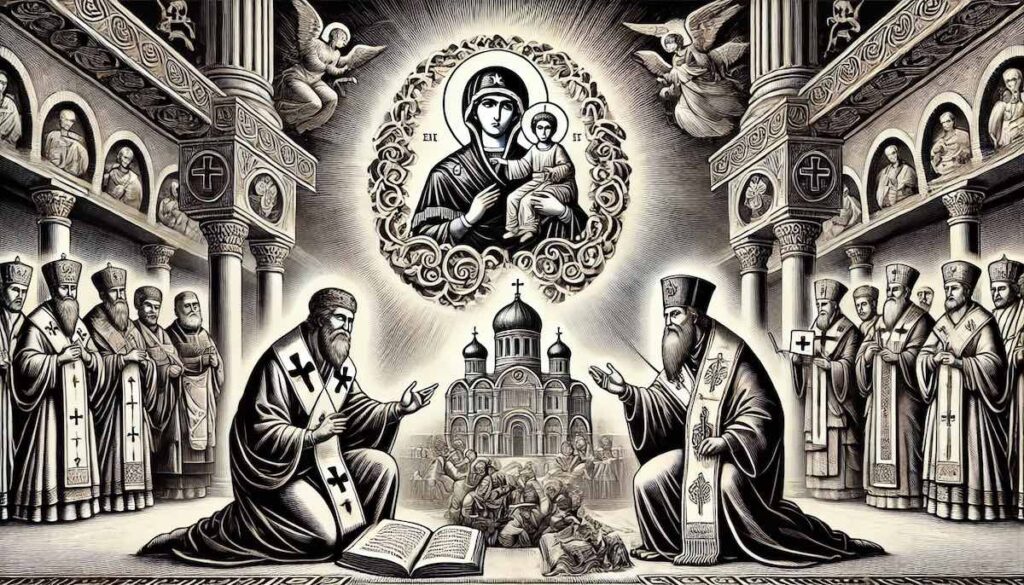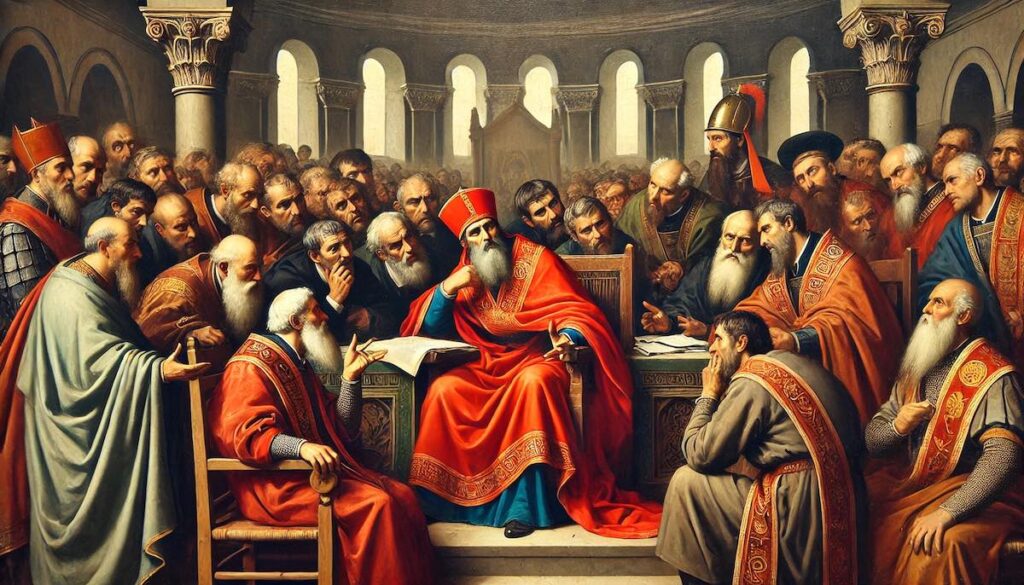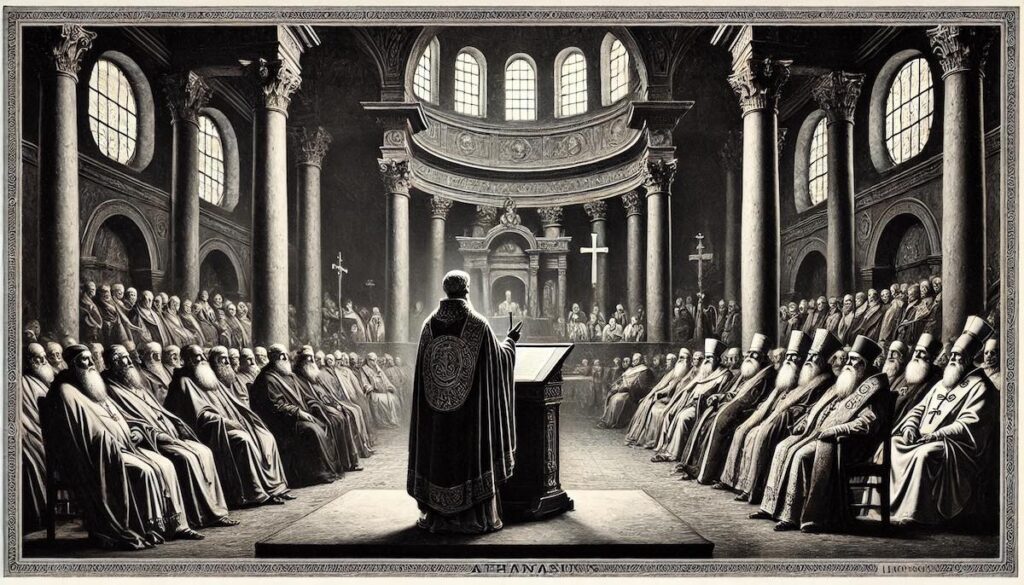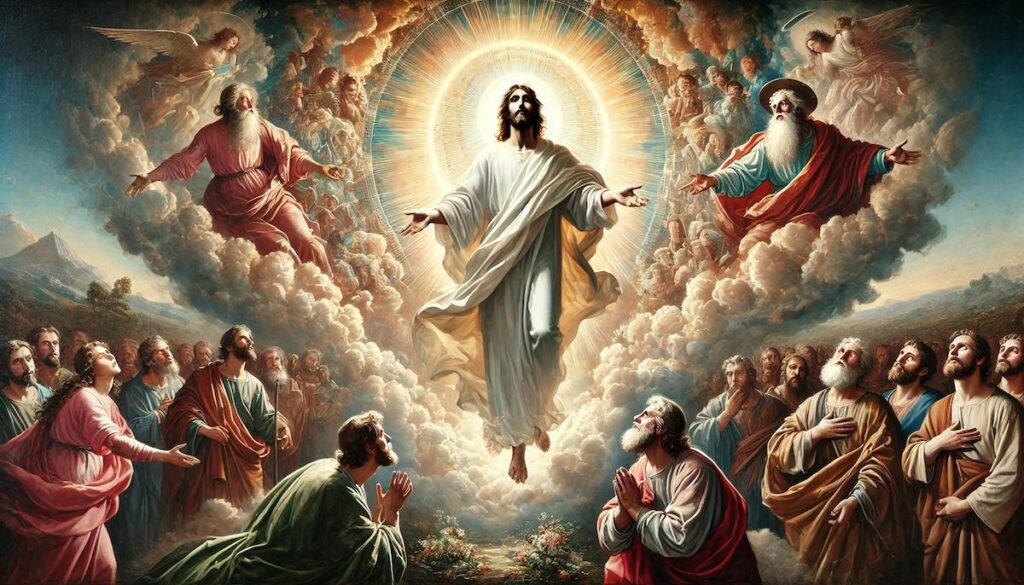Reconciliation: Face to Face Encounter With God
The Church’s teaching on the necessity of confessing sins aloud in the Sacrament of Reconciliation, rather than privately, is rooted in several key theological and biblical principles. While Jesus indeed teaches us to pray privately (Matthew 6:6), confession of sins in the context of sacramental Reconciliation serves a different purpose. Here are the reasons why […]
Reconciliation: Face to Face Encounter With God Read More »










